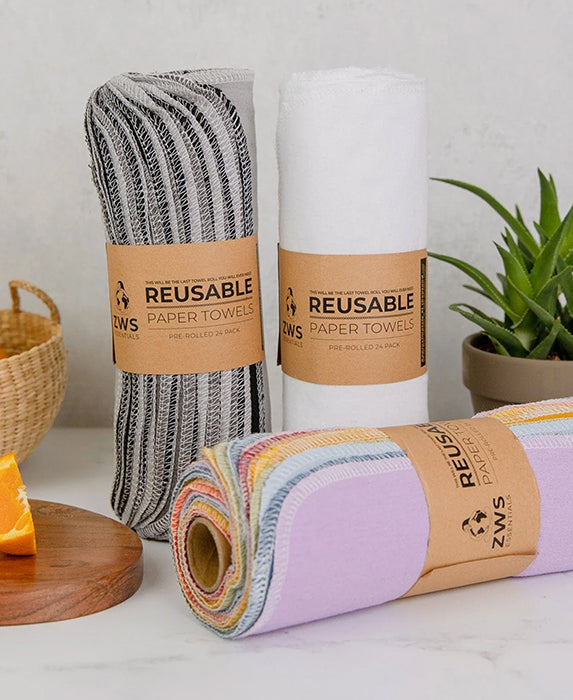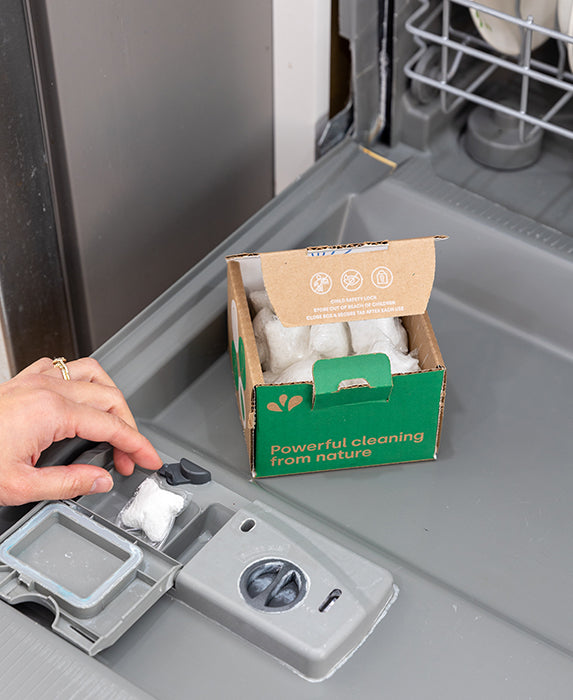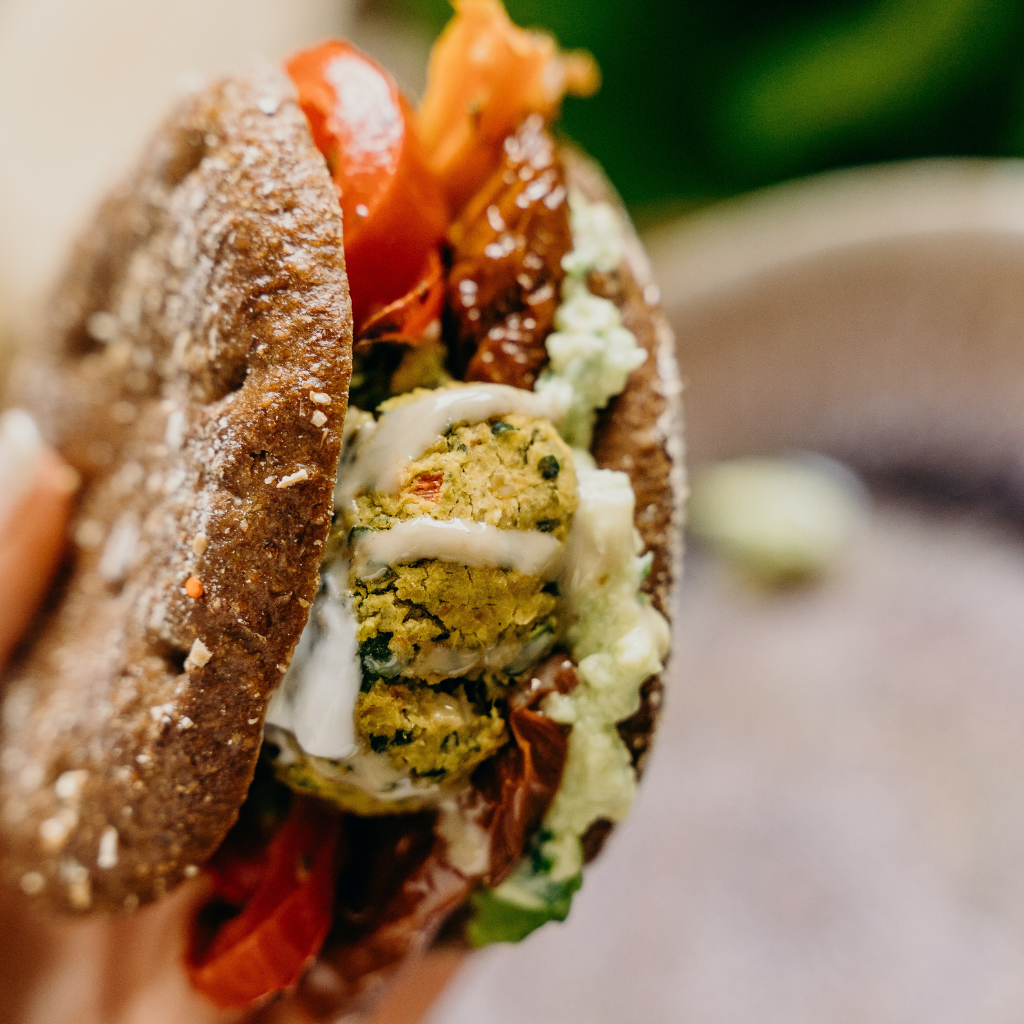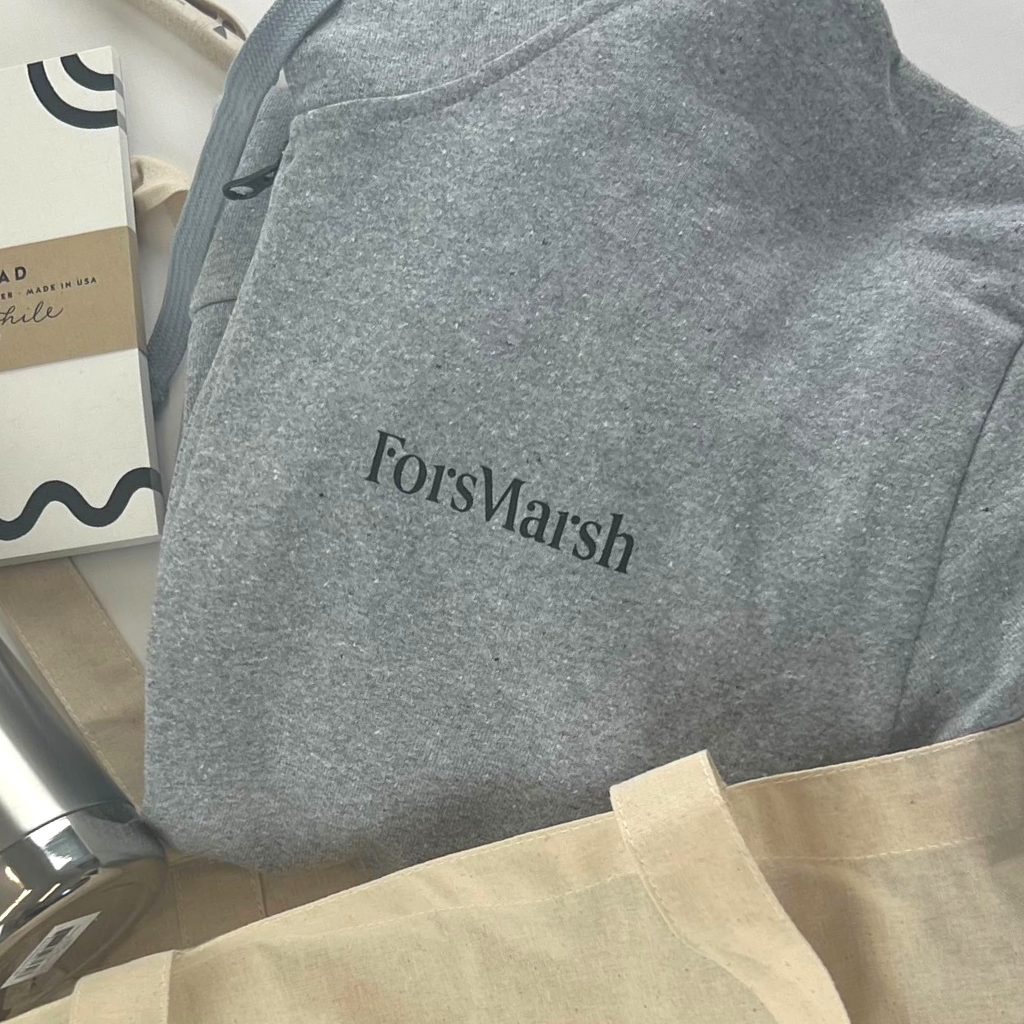Let’s talk about being vegan. We want to continue the conversation about the large-scale climate impact veganism has—and leave you with a few reminders and game-changing products to turn to! For us at EarthHero, we aim to provide access to a multitude of vegan products and to advocate for brands that are progressive in their industry. (Read on about our brands and why we think they’re the best!).
In the last decade, the West has seen a massive increase in interest in both the vegan diet and vegan lifestyle. As more and more alternative food and product options come to the market (we see you, Beyond Meat, Impossible Burger, JUST Egg, we could go on!), we are learning daily about the global impact of veganism and the steps that can be taken to support this cultural transition.
The Dairy and Meat Industries: What’s The Impact?
There has been a huge uptick in individuals and companies transitioning to vegan consumption, and a ton of reasons behind it, such as health, climate, or financial reasons. Climate change is a global crisis, and working toward combating it begins with awareness. This time around, we will be focusing on the dairy and meat industries.

Global emissions from livestock supply chains
Let’s start with the dairy industry, shall we?
Advancements in technology throughout the 21st century have led to systems like factory farming becoming more efficient at producing on a massive scale. This efficiency unfortunately comes with negative consequences in the dairy industry for cows, as now they’re now bred to double their milk production. Bonkers, right? In addition to the unfortunate treatment of dairy cows on these farms, processes such as enteric fermentation and poor manure management that occur on the farmland itself play a large role in contributing to climate change. Enteric fermentation is fermentation that occurs in animals such as cattle. Cows release greenhouse gases like methane via digestion, and due to the overfeeding occurring so these farmers can produce in mass quantities, the amount of methane released is higher than normal. In addition, manure is applied to the farmland like a fertilizer— resulting in a run off to waterways when it rains or snows that create harmful toxins in our drinking water and turn the water green.
How does this relate to the meat industry?
Similarly to the dairy industry, the meat industry is a stressor on the environment when it comes to feed sourcing, manure processing, and the greenhouse gasses that livestock produce. The main source of farmland in the United States is the Midwest – and we are sadly losing native prairies and grasslands due to factory farms that contribute to this mass production. Many farms use a mix of fertilizers and toxic chemicals to keep up with this large-scale production and in turn allow excess chemicals to runoff into waterways.
Organic Farming
Though there is much work to be done by many dairy and meat farmers, we should take the time to celebrate those farmers who partake in ethical farming methods. Organic farming is practiced by farmers that grow their produce with no synthetic fertilizers, GMO’s, or pesticides. Many of the staples to a vegan diet, (beans, berries, greens, and grains, to name a few!) are farmed organically and in most cases- no animal by-product is used in the growing process. Organic farming is an example of sustainability at its best, as this method of farming aims to reach the ultimate goal of building and improving the soil, not taking away from it. This is a process that feeds our bodies nutrients as well as the earth. Next time you’re shopping for produce, check out your local farmer's market to support these farmers who cultivate their crops ethically.
If this information is new to you, that’s okay! There’s so much to learn about how our consumption styles impact the world around us, and we’re learning every day right along with you. Changes to your diet are always best in small doses – so give your body and mind time to adjust! If we’ve piqued your interest in making some plant-based changes, learn more about how to incorporate a vegan diet into your life from our recent blog post! And keep in mind – it’s not an all-or-nothing lifestyle. Try swapping out 1 meal a week for a vegan alternative, or participate in Meatless Mondays!
It Goes Deeper Than Your Diet
The rise in awareness around the environmental impact of the meat and dairy industries has led to more business such as grocery stores, restaurants, clothing retailers, and companies like us at EarthHero, to enforce policies and a company culture dedicated to sourcing products sustainably. Across a multitude of industries, from makeup and outerwear to a product as simple as soap, at EarthHero we provide access to high-quality products that are cruelty-free and vegan.

Supporting brands that create cruelty-free and vegan products is a simple way to work toward a more eco-friendly lifestyle. Making small switches in how you shop your essentials will benefit your daily routine – and in turn will benefit the environment and brands that are paving a more sustainable way. An easy place to start? Check out some of the incredible vegan products on our site. Next time you’re shopping on EarthHero, grab a Brush with Bamboo Toothbrush, the Elate Cosmetics Natural Mascara, or products from Meow Meow Tweet or Plaine Products. These products are amazing, ethical alternatives to their disposable counterparts!
We know that going fully vegan isn’t feasible for everyone – especially for those who have dietary and health restrictions. However, we’re always working to provide products that can make veganism feel more attainable and inclusive for all. Remember that veganism includes all aspects of a vegan lifestyle – and that no matter how small your steps are, they will help make a change!
Original blog was published Feb 1, 2021 and updated June 8, 2023.









